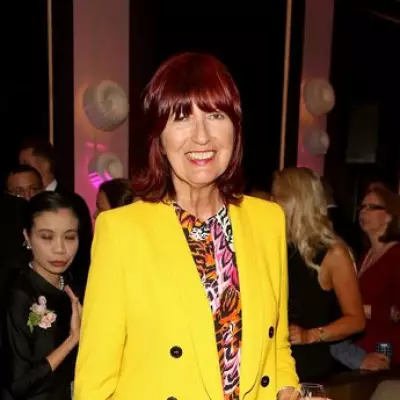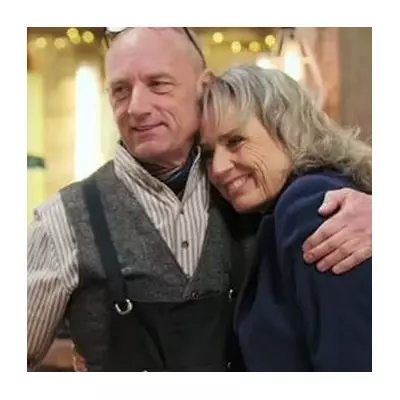
Buckingham Palace is confronting one of its most significant crises in recent memory as shocking new allegations emerge about the nature of the conversation between Lady Susan Hussey and charity founder Ngozi Fulani.
The incident, which occurred during a royal reception against violence against women, has taken a more serious turn with revelations about the persistent line of questioning faced by Ms Fulani.
The Uncomfortable Exchange
According to detailed accounts, the Queen's late lady-in-waiting didn't merely ask once about Ms Fulani's background, but repeatedly questioned where she "really came from" despite being told she was British-born.
Sources close to the situation describe how Lady Susan allegedly moved Ms Fulani's hair to see her name badge more clearly while continuing her interrogation about her origins.
Palace Response Under Scrutiny
While Buckingham Palace moved quickly to address the situation, arranging a meeting between both women and accepting Lady Susan's resignation from honorary roles, critics argue the response doesn't go far enough.
Anti-racism campaigners and public figures are now calling for more substantial action to address what they describe as systemic issues within the royal household.
Broader Implications
This incident has sparked wider conversations about unconscious bias, microaggressions, and the experiences of people of colour in traditionally white British institutions.
Ms Fulani's charity, Sistah Space, which supports women of African and Caribbean heritage affected by domestic abuse, has seen an outpouring of support since the incident became public.
The controversy comes at a sensitive time for the monarchy, as King Charles III seeks to modernise the institution and make it more representative of contemporary Britain.





